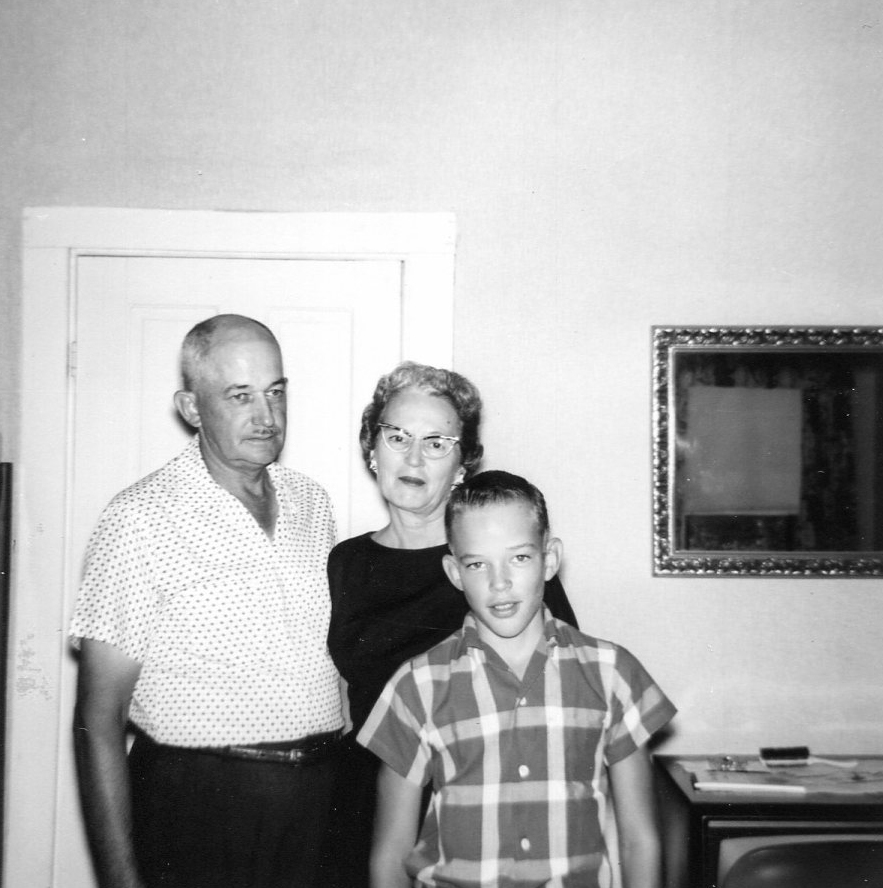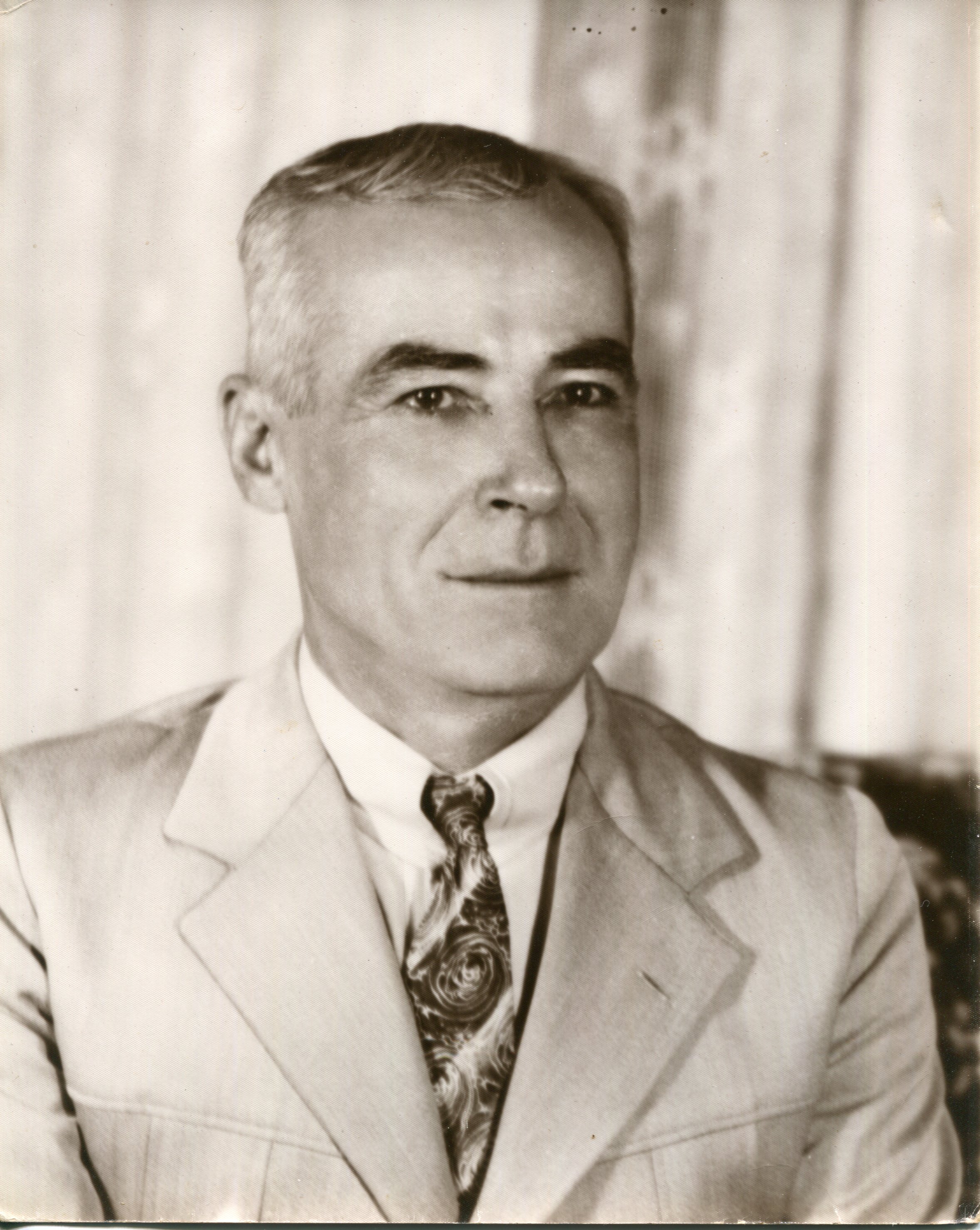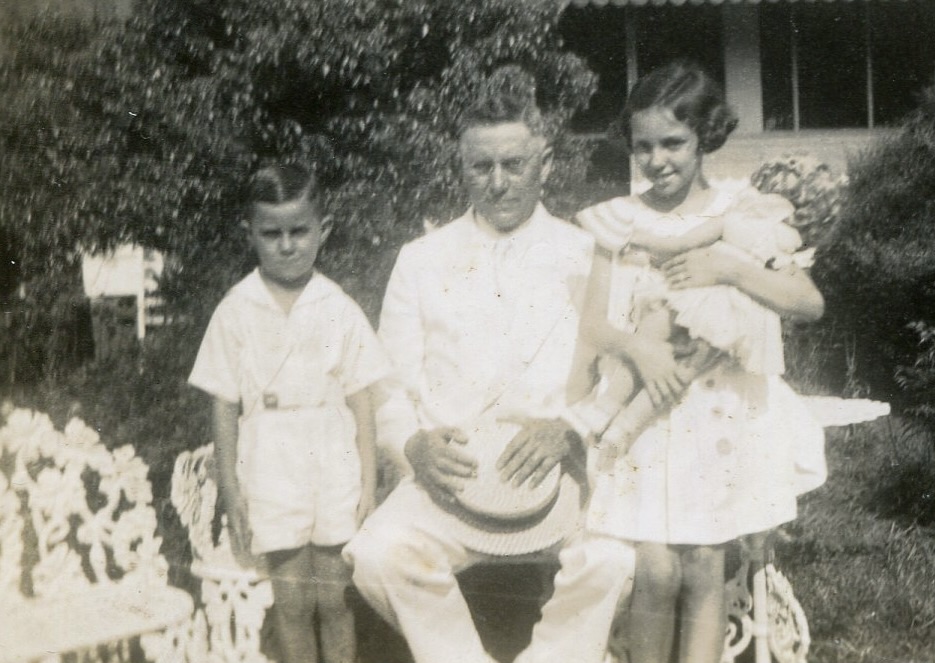What's a Raconteur?
A person who tells anecdotes in a skillful and amusing way; a storyteller; a narrator
When we interview our subjects, we often include stories from their childhoods with their fathers or lessons they learned from their fathers. In honor of Father’s Day, here are four stories from some of our subjects about their fathers.
*
David recalled his father’s lesson on the financial rewards of hard work:
Dad’s every thought and action seemed to be centered on what was functional, productive, and would teach survival. When I was about 11 years old, he purchased a truck-bed load of inexpensive red tomatoes from a farmer. Dad instructed me to fill paper bags with tomatoes, told me to top off my red wagon with bags, and ordered me to not come home until all the tomatoes were sold. However, he didn’t educate me about how to sell them, to whom to sell them, or what to charge for them. I was forced to figure out how to become a salesman on my own!
I wound up walking blocks and blocks, knocking on doors and asking potential customers if they’d like to buy a bag of tomatoes. By trial and error, I figured out what customers were willing to pay for a bag of tomatoes. Once I finally emptied my wagon, I returned home. In typical Dad fashion, he was not pleased; he simply instructed me to reload the wagon and sell more tomatoes until none remained.
In the end, I sold every single tomato, and Dad allowed me to keep all my earnings. I spent most of it on seeing movies, and extravagance I loved.

*
Bobby told of his immigrant father’s character and how much he learned from observing him:
Poppa was affectionate, steadfast, intelligent, hardworking, honorable, and patriotic. I learned so much from watching him. I witnessed his great love for my mama and how he’d buy her nice things–cars, furniture, and jewelry. He’d tell me, “Love your brothers and sisters.” I often observed his composure; he was solid as a rock and didn’t get rattled by much. He and Mama were both smart despite his having no education and her very little; they recognized how disadvantaged they were because of their lack of education and conveyed the importance of education to my siblings and me. I saw how hard Poppa worked managing his truck line and overseeing my brothers’ and my contributions to maintaining his rent houses. Another trait I observed was his integrity, which he imparted to my brothers and me; Poppa was known in town for his honest business dealings. Finally, I witnessed Poppa’s great patriotism and love for his country, revealed through his words and actions, such as when he eagerly contributed his sons to America’s service during World War II.

*
Myrle affectionately recalled her father’s occupation as a railroad engineer and his talent in the job:
After Daddy’s service in the National Guard ended in 1914, he returned to work as an engineer for Texas and Pacific and remained there throughout my childhood. Daddy drove the train all the way from the beginning of the line in Marshall, Texas to the end in Algiers, Louisiana, and was gone for days at a time. Before leaving for work, he, like all of the other railroad workers, was awoken by a “call boy,” who went door to door, since only the elite had such a thing as an alarm clock back then.
Daddy was known for being an excellent train whistleblower and even won a contest in New Orleans for whistleblowing. He was the only one on the line allowed to blow the Casey Jones whistle tunes on the train. One time, a whistle that was too big was put on the train, and after he blew it, the train couldn’t move because all the steam had blown out through the whistle. When Mama heard the train whistle, she knew she should get dinner ready because Daddy was coming home. The whole town knew my daddy was returning. He was very popular.

*
Gloria told of her father’s work as a doctor, his hobbies, and impact in his community:
A few days each week, patients went to see Daddy and receive medicines from the small drugstore inside his office. On the other days, Daddy made house calls, often letting Roy and me tag along. I remember going to small farms with no electricity of farms in the country that were enclosed by several gates. Daddy’s practice suffered during the Great Depression. Since he treated patients whether they could pay him or not, he often came home with eggs or chickens instead of money.
Daddy owned the first car in Delcambre. During my childhood years, we owned a Willis Knight car, which Mama drove, and a small coop, which Daddy took on house calls. Since there were no mechanics for miles around, he built a small mechanic shop in our yard. He’d read books about car repair and then learn how to repair the particular problem or instruct our yardman.
He enjoyed carpentry and built me both a rocking horse and doll bed. He enjoyed going to movies. I remember him always wearing a suit. He’d constantly wash his hands and never ate with his hands to avoid spreading disease.
Daddy was a prominent man in a very small town. He was a trustee at our church, the postmaster, the president of the bank, and the first Shrimp Festival king.

